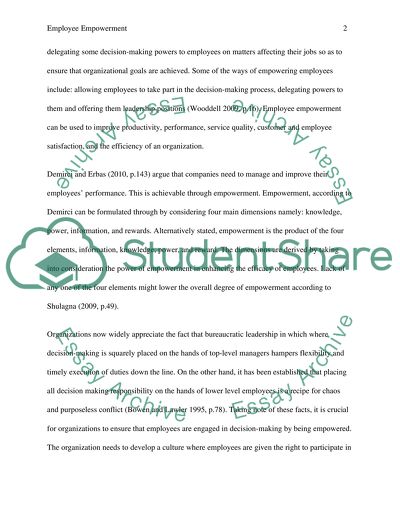Cite this document
(“Employee Empowerment Essay Example | Topics and Well Written Essays - 2750 words”, n.d.)
Retrieved from https://studentshare.org/human-resources/1478023-you-are-a-human-resource-manager-and-your-ceo
Retrieved from https://studentshare.org/human-resources/1478023-you-are-a-human-resource-manager-and-your-ceo
(Employee Empowerment Essay Example | Topics and Well Written Essays - 2750 Words)
https://studentshare.org/human-resources/1478023-you-are-a-human-resource-manager-and-your-ceo.
https://studentshare.org/human-resources/1478023-you-are-a-human-resource-manager-and-your-ceo.
“Employee Empowerment Essay Example | Topics and Well Written Essays - 2750 Words”, n.d. https://studentshare.org/human-resources/1478023-you-are-a-human-resource-manager-and-your-ceo.


